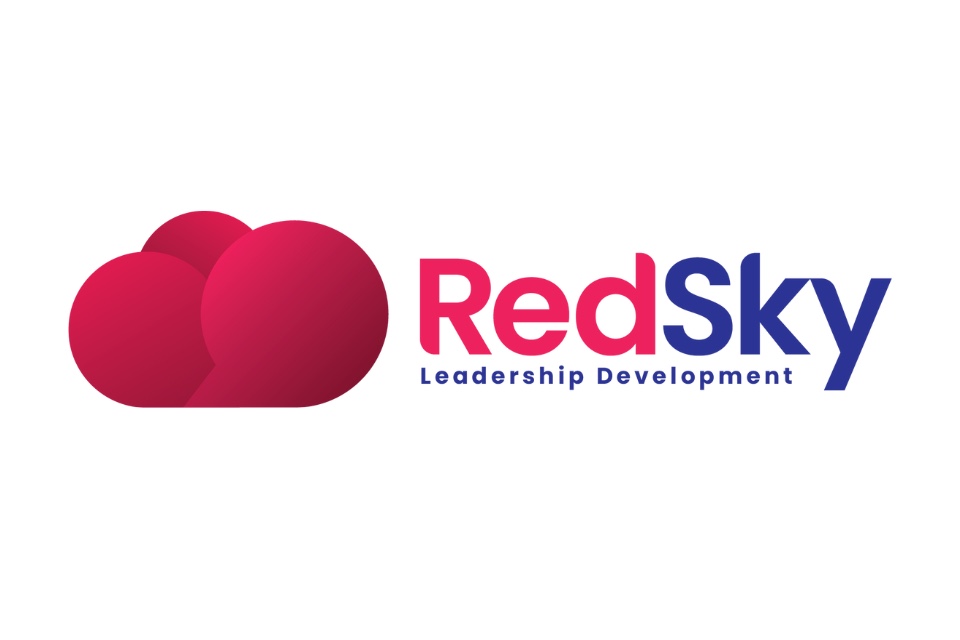As businesses face what’s shaping up to be a tricky 2025, developing strong leadership from within will be a key priority. With middle managers playing a crucial role in driving team performance, shaping workplace culture, and ensuring strategic execution, organisations are investing in leadership development programs to prepare them for senior roles. By equipping middle managers with the right skills, digital competencies, and leadership mindset, companies can build a strong talent pipeline and ensure long-term success. Here’s how practitioners at the HR Summit are upskilling middle managers for leadership excellence…
1. Prioritising Soft Skills for Effective Leadership
Technical expertise alone is no longer enough—emotional intelligence, adaptability, and strategic thinking are essential qualities for future leaders. Companies are focusing on:
✔ Coaching and mentorship skills – Encouraging middle managers to guide and develop their teams effectively.
✔ Resilience and adaptability training – Equipping managers to handle uncertainty, rapid change, and crisis management.
✔ Communication and collaboration skills – Enhancing their ability to influence, negotiate, and drive engagementacross teams.
Soft skills are now a core component of leadership development programs, ensuring middle managers transition smoothly into senior roles.
2. Investing in Digital Leadership and Data-Informed Decision Making
The increasing reliance on AI, automation, and digital tools means that future leaders must be comfortable leveraging technology. UK organisations are integrating:
✔ AI-powered analytics training – Teaching middle managers to use data-driven insights for decision-making and performance evaluation.
✔ Remote team leadership skills – Developing expertise in managing hybrid and remote teams effectively.
✔ Technology adoption strategies – Ensuring managers can lead digital transformation initiatives within their departments.
By equipping middle managers with digital competencies, companies future-proof their leadership pipeline.
3. Creating Customised Leadership Pathways
One-size-fits-all leadership programs are no longer effective. Instead, UK companies are adopting personalised leadership development pathways, which include:
✔ Individual development plans (IDPs) – Tailored programs based on each manager’s career goals and skill gaps.
✔ Microlearning and on-demand leadership training – Digital courses and real-time learning opportunities for continuous development.
✔ Rotational leadership programs – Giving middle managers cross-functional exposure to broaden their strategic perspective.
Customised learning ensures higher engagement and greater impact, making leadership development more effective.
4. Strengthening Leadership Through Mentorship and Peer Learning
Middle managers benefit from mentorship programs and peer-learning networks that provide real-world insights and support. Leading UK firms are:
✔ Pairing managers with senior leaders for one-on-one mentorship.
✔ Creating leadership coaching circles for managers to discuss challenges and share best practices.
✔ Encouraging reverse mentoring – Where middle managers learn from junior employees on digital trends and emerging workplace expectations.
These initiatives foster collaboration, knowledge-sharing, and leadership confidence.
Developing future leaders requires a combination of soft skills, digital expertise, personalised learning, and mentorship. By investing in middle managers, UK organisations can ensure business continuity, strengthen leadership pipelines, and drive long-term success. Preparing the leaders of tomorrow starts today.
Are you searching for Leadership Development solutions for your organisation? The HR Summit can help!








